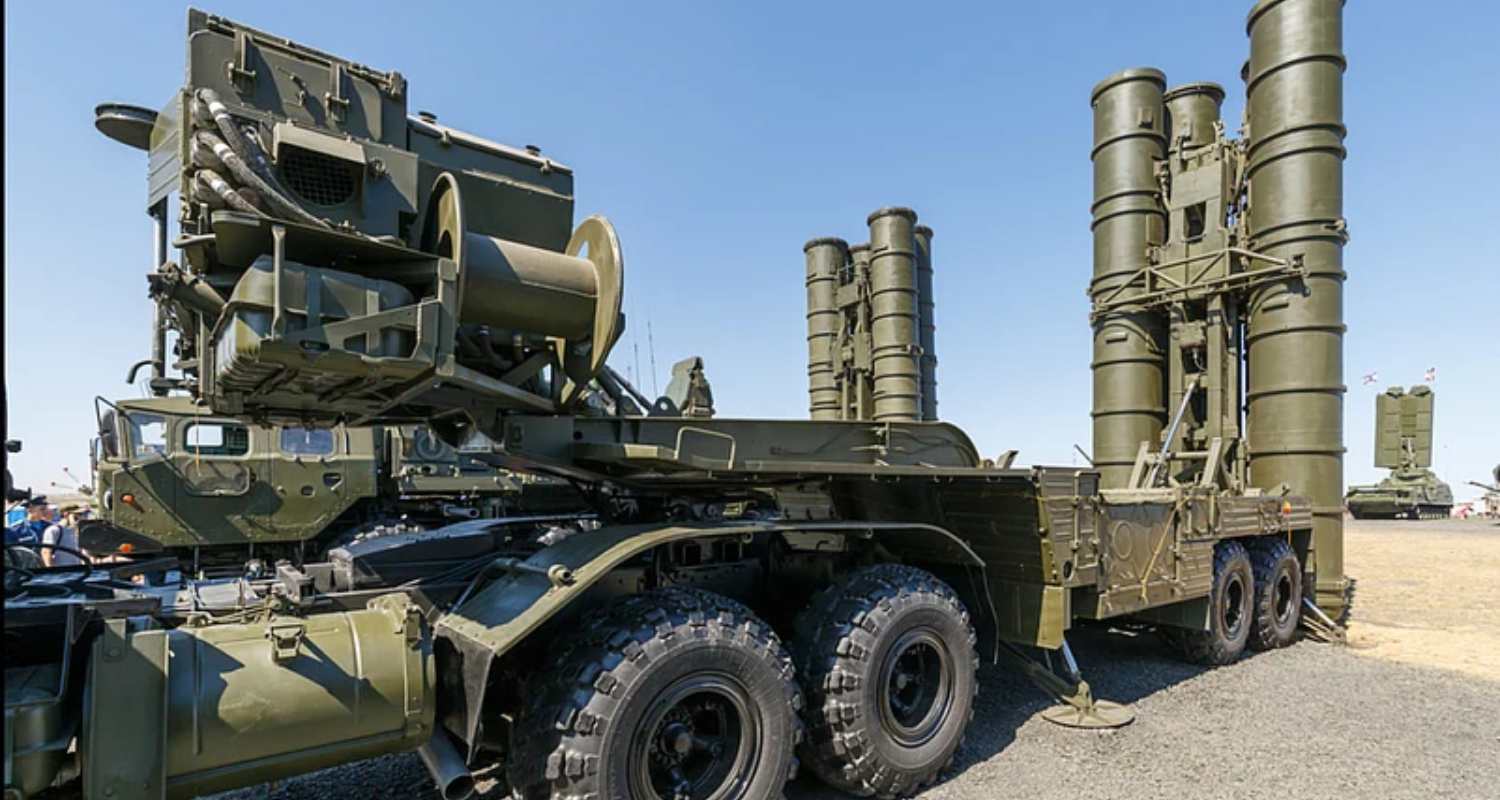India’s defence budget is expected to receive a significant boost of around ₹50,000 crore as a result of Operation Sindoor, according to government sources. This additional allocation is likely to be provided through the supplementary budget, pushing the total defence budget beyond ₹7 lakh crore for the fiscal year.
In the Union Budget presented earlier this year, the defence allocation for 2025-26 was set at a record ₹6.81 lakh crore, marking a 9.2 per cent increase from ₹6.22 lakh crore in 2024-25. The proposed supplementary funds will be tabled for approval during the upcoming Winter Session of Parliament.
The increased funds are expected to be directed toward research and development, as well as procurement of advanced weapons, ammunition, and other critical military equipment. Strengthening India’s defence capabilities has been a priority for the government since 2014, when the Ministry of Defence received ₹2.29 lakh crore in the BJP’s first budget year.

Currently, defence commands the highest allocation among all ministries, accounting for approximately 13 per cent of the total government expenditure.
The potential budget boost comes amid heightened tensions with Pakistan, particularly following the terror attack in Pahalgam on April 22, which killed 26 people, many of them civilians. In response, India launched Operation Sindoor — a series of precision air strikes targeting terror camps across Pakistan and Pakistan-occupied Kashmir.
Also Read: Pak's N weapons should be brought under IAEA watch: Rajnath Singh
Operation Sindoor highlighted the Indian military’s effective integration of tactical expertise with advanced air defence systems, comparable to Israel’s renowned ‘Iron Dome.’ Notably, the operation showcased homegrown defence technology such as the Akash missile defence system, which has demonstrated the capability to intercept highly maneuverable aircraft, including US-made supersonic F-16 fighter jets used by Pakistani forces.
Following these operations, the Indian armed forces recently tested Bhargavastra, a new low-cost counter-drone system operating in ‘hard kill’ mode. This system uses micro-rockets and underwent successful trials at the Seaward Firing Range in Gopalpur, Odisha, meeting all performance objectives.
Experts emphasize the importance of domestic defence production. The Defence Minister has repeatedly stressed that relying on imports for defence equipment means outsourcing the country’s security, which cannot be a sustainable long-term strategy.
Also Read: Eliminating terrorists is the 'bhartiya dharm', says DF in Kmr
The Pahalgam Attack and Operation Sindoor
The deadly terror attack in Pahalgam was carried out by militants linked to Pakistan-based Lashkar-e-Taiba, igniting national outrage. In retaliation, India initially employed diplomatic and non-military measures, including suspending the Indus Waters Treaty, before launching Operation Sindoor. The operation involved precision air strikes on nine terror camps located in Pakistan and Pakistan-occupied Kashmir, significantly degrading terrorist infrastructure.

In response, the Pakistan Army launched multiple drone and missile attacks on Indian military installations and civilian areas. However, most of these attacks were intercepted or neutralised by India’s advanced air defence network, which includes the indigenously developed Akash system and the Russian S-400 missile defence system. India then escalated with further precise strikes that targeted and destroyed Pakistani radar installations and damaged air force bases, forcing Islamabad to seek a ceasefire.
In his first public address after Operation Sindoor, Prime Minister Narendra Modi warned that terrorists operating from Pakistan, which continues to support and fund such activities, would be dealt with decisively. Modi emphasised that India’s doctrine on terror has permanently changed, pledging further action to protect Indian territory and citizens.
He also made clear that India will not engage in talks with Pakistan on Kashmir except for discussions aimed at dismantling terrorist infrastructure and facilitating the return of illegally occupied Kashmir.
Also Read: ‘IMF should reconsider loan to Pak': Rajnath Singh



